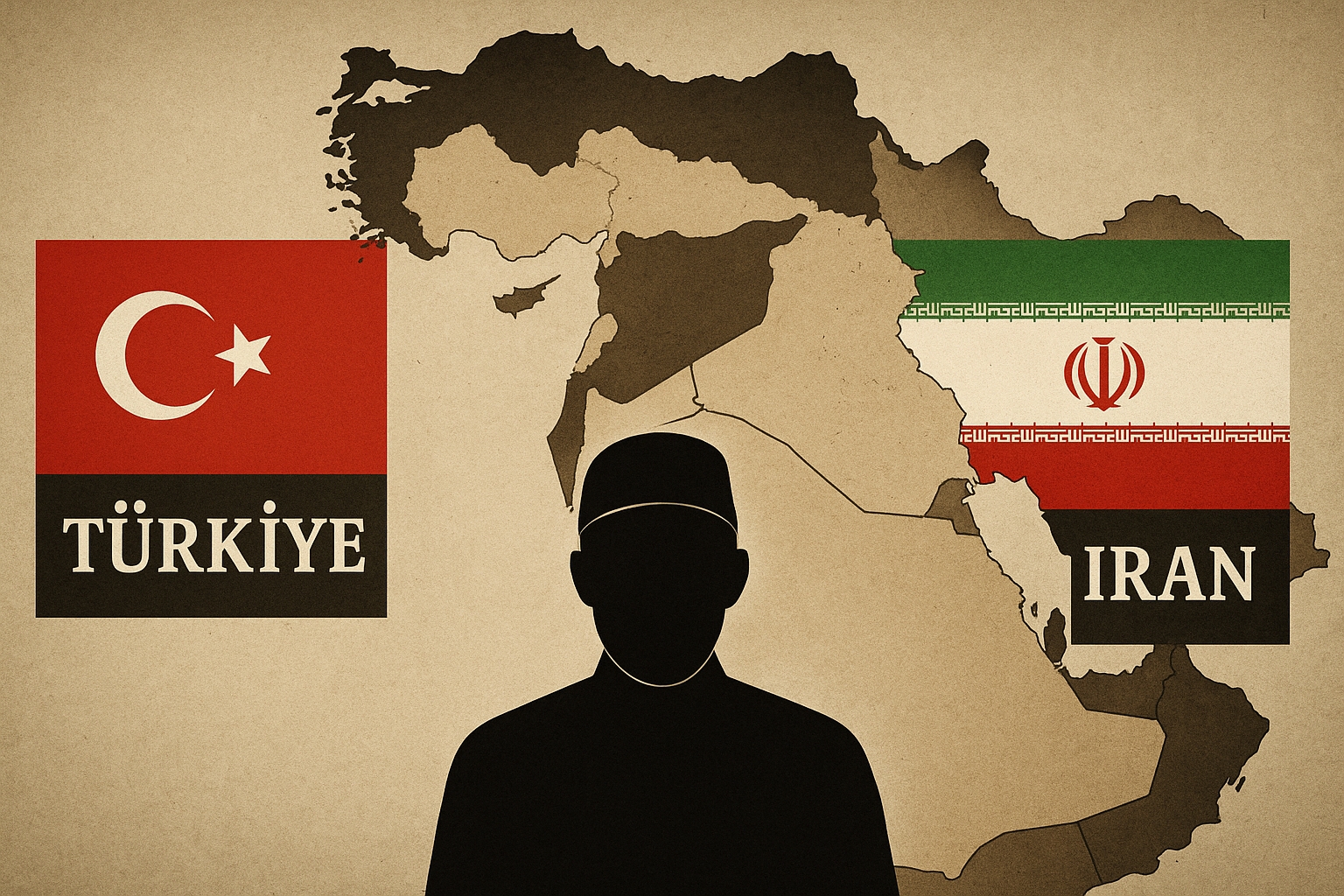Türkiye’s interest in the Crimean Peninsula
Ensuring Socio-economic JusticeCrescent International
Safar 27, 1445 2023-09-13
Daily News Analysis
On September 3, Ukraine appointed Rustem Umerov as its new defense minister.
He is a Muslim of Crimean Tatar descent but with no military experience.
Although based primarily on domestic politics, Umerov’s appointment carries symbolic but important foreign policy ramifications as well.
Historically, the Crimean Peninsula has been hotly contested between the Ottoman Empire and Russia.
The Ottomans took possession of the Peninsula in the 1440s.
The Turks lost significant parts to Russia in the Russo-Turkish war of 1768-1774.
Some historians trace the beginning of Ottoman Empire’s decline to its unsuccessful war, in alliance with Britain and France, against Russia from 1853 to 1856 when the Turks lost Crimea completely.
Today, Türkiye sees itself as a patron of all Turkic people. This includes the ethnic Tatars of Crimea.
After the collapse of the Soviet Union, Türkiye’s interest in Crimea was rekindled and Ankara did not conceal its special interest in the peninsula.
As far back as 2017, Turkish President Recep Tayyip Erdogan exchanged Russian operatives jailed in Türkiye for two prominent Crimean Tatar politicians, Ilmi Umerov and Ahtem Chigoz arrested by Moscow.
The Russian operatives in Türkiye were no low-level people.
They allegedly had a role in the murder of seven Chechen dissidents between 2000 and 2015.
Türkiye’s prominent political role in the war in Ukraine makes it quite plausible that if it continues, at some point Ankara is likely to make significant geopolitical moves on Crimea.
Such moves might provide all parties involved in the war a face-saving exit from the current impasse.
There is growing consensus among pro-Ukrainian and pro-Russian experts from various fields that the war in Ukraine is likely to drag on for quite some time.
Neither Russia nor the Ukraine-NATO alliance is likely to score a decisive military or political victory.
It is precisely this reality which makes out of the box solution to the war in Ukraine more plausible.
Türkiye can become that out of the box “solution.”
Erdogan’s government has formed a strong non-binary relationship with Russia and Ukraine, one based entirely on selfish interests.
The Turkish president has shown himself to be an unabashed opportunist.
Lack of principles is the fundamental plank of his policies.
His main political orientation is geared towards the Turkish and Muslim masses whom he cynically manipulates for personal gain.
This means that in order to gain temporary popularity, Erdogan is ready to make risky and at times dangerous moves.
Turkish policy on Syria and Libya offers one of many examples of Erdogan’s populist-driven adventurism geared towards gaining fame among the Muslim masses.
It cannot be ruled out that Türkiye might attempt to use the military, political and economic fatigue of Ukraine, Russia and the US to stake a bold claim to the Crimean Peninsula.
While it is highly unlikely that Ankara will take military action in Crimea, hypothetically Türkiye can offer its services as a peacekeeper in a demilitarized Crimea.
Some western pundits have floated the idea that the end of the war in Ukraine might resemble the Korean war stalemate: no peace treaty but a demilitarized zone.
Crimea without Ukrainian and Russian military presence can be sold by both sides as a gain.
Being a NATO member, Türkiye can significantly complicate this.
Nevertheless, NATO and non-NATO political lines are not as rigid as they might appear.
For example, it was quite clear to many seasoned analysts that Russia’s reaction to Baltic states joining NATO and more recently Sweden, does not carry the same level of geopolitical “pain” as Ukraine becoming too cozy with NATO.
What is certain is that Türkiye’s role will expand as the war in Ukraine drags on.
This has been the trajectory of events so far.
Ankara is a key player behind the scenes in this war in political, economic, social and even military terms.
Since Erdogan lacks commitment to the overall interests of the Ummah, his potential adventurism in Crimea makes it risky for Muslims to become pawns in a conflict which does not threaten them directly.


